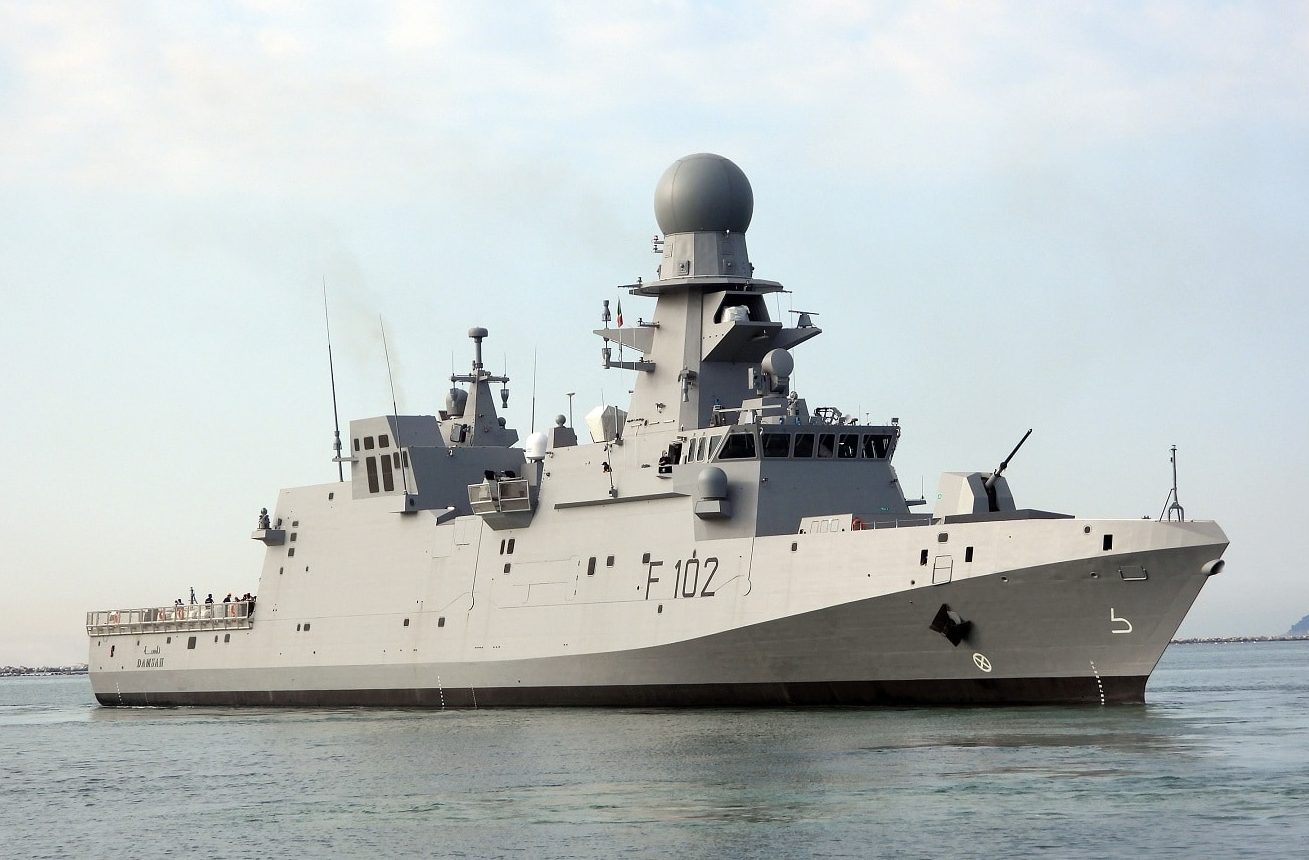Despite Qatar trying to maintain its position as a neutral player, its use of military lever for alliance building has been firmly western-centric.
The biannual Doha International Maritime Defence Exhibition (DIMDEX) has grown over the past 15 years into a household name for professionals in the security and defence sector – not just in the Gulf.
DIMDEX showcases Qatar’s diverse defence relations with countries from across the world at a time when the Qatar Armed Forces (QAF) have gone on a massive spending spree in an effort to renovate its military hardware, update its doctrine as well as grow its capacity to an impressive level – especially when considering the relatively small pool of Qatari nationals the QAF can draw from.
It is therefore not surprising that the small emirate draws on loan service personnel to augment troop levels keeping one of the largest air and naval forces in the region operational.
Nonetheless, despite Qatar’s defence investments growing proportionate to its neighbours in the United Arab Emirates (UAE) and Saudi Arabia, Doha’s defence strategy suggests a slightly different posture and purpose for its military compared to its regional competitors.
How does Doha’s defence differ from other GCC states?
Where Abu Dhabi and Riyadh have used their militaries in an expeditionary capacity across the region – most notably in the War in Yemen – Qatar’s military lever of power has primarily been designed as a means of soft rather than hard power.
In sync with Qatar’s wider national security strategy as a regional soft power hub, connecting partners, competitors and adversaries, the armed forces have traditionally been used by Doha as a means of influence as well.
In Libya in 2011, the QAF supported NATO operations on the ground upon the request of Britain, buying favours and credit in London and other NATO-capitals.
In 2021 the QAF were instrumental in assisting the United States’ withdrawal in Afghanistan, securing the airport, guaranteeing safe passage for retreating U.S. and NATO forces as well as assisting with the evacuation of civilians from Kabul – arguably the most effective deployment of Qatar’s armed forces that earned the small state undivided praise internationally.
As such, the niche capabilities of its armed forces, in particular the strategic airlift capability, has made Qatar a reliable non-NATO ally who has stepped up to the plate to share the strategic and operational burden with its western partners.
In the same vein, defence procurement in Qatar– aside from being concerned with building robust capabilities for national defence – has been used as a means of defence diplomacy. Orders for land, air and naval forces have been strategically placed with partners in the west to buy influence, first and foremost in the United States, but also in the United Kingdom, France, Italy, Germany and Turkey.
Qatar’s military alliances and levers
The billions of dollars Qatar has invested into military transformation over the past decade have made the Gulf state a strategic ally. More than that, Qatar is seen as a low-risk customer, who unlike other major Middle Eastern buyers of military hardware, does not raise concerns over arms being deployed indiscriminately or in an unjust war.
Despite Qatar trying to maintain its position as a neutral player in regional and global affairs, its use of military lever for alliance building and influence has been firmly western-centric. Even as countries such as Russia and Iran are represented at DIMDEX this year, they are only playing a peripheral role within Qatar’s military and defence networks.
Having them represented allows Doha to hedge and balance the optics of not taking sides – in reality, however, it is clear that Qatar’s security eggs are firmly in the western basket. And while its neighbours find it difficult to call out Russia over its aggression in Ukraine, Qatar has sided with the West to call the war in Ukraine illegitimate.
Hence, whilst Qatar has spent extensively on its armed forces as of late and is believed to be investing further in both capacity and capability moving forward, the military lever remains one that for Qatar first and foremost augments its regional and global influence networks.
Although the small state’s ability to defend itself has been strengthened since the recent Gulf Crisis, Qatar’s military is not in an arms race to compete with regional players.
After all, America’s commitment to Qatar’s security in the wake of the emirate being designated a major non-NATO ally, suggest that in terms of hard security, Washington has Doha’s back – not least because of how important Qatar has become as America’s regional force multiplier.
Dr. Andreas Krieg, is an associate professor at King’s College London – School of Security Studies.







